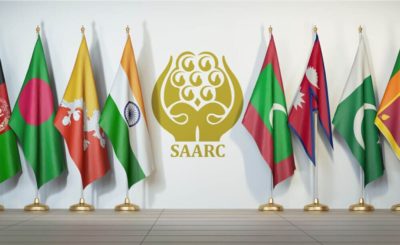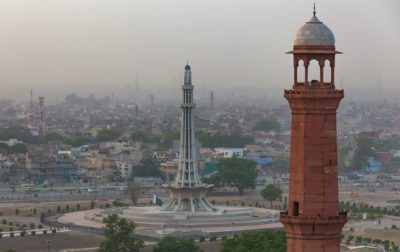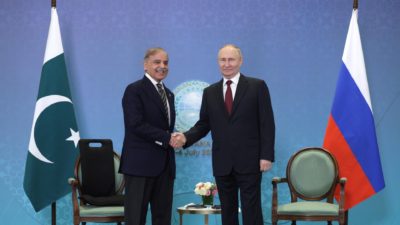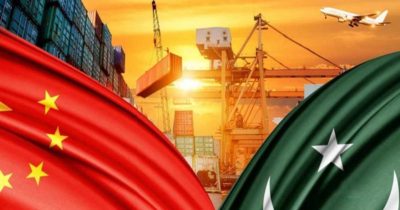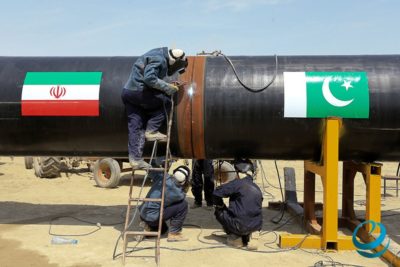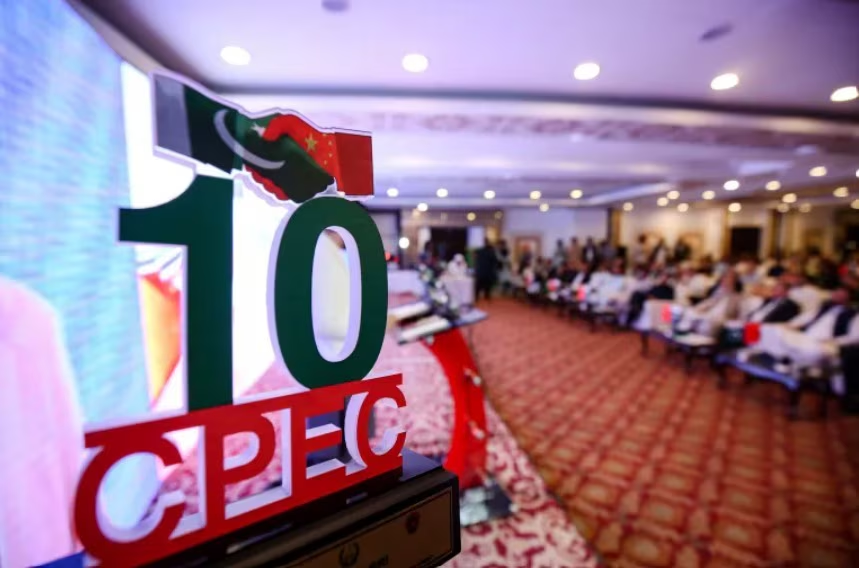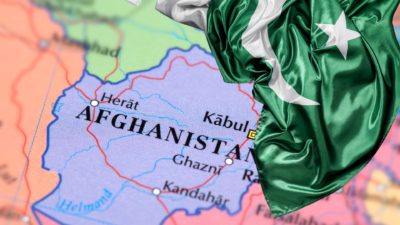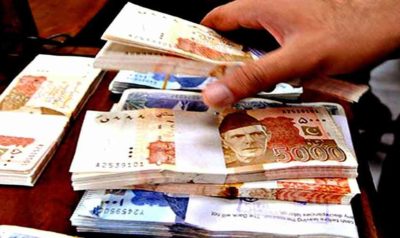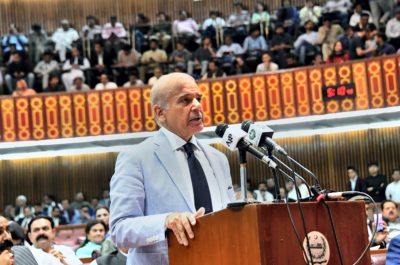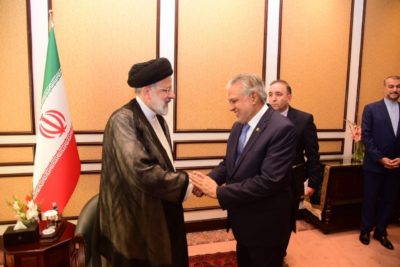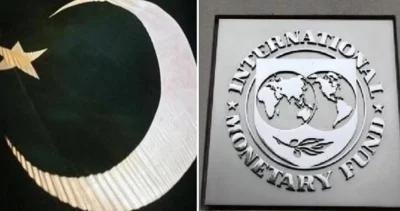Elections and Regional Cooperation: Shaping South Asia's Future through SAARC
The recent elections in different parts of the world are deciding factors in shaping the future of the globe. Various South Asian countries also held general elections during the first half of 2024. Bangladesh, Pakistan, and India – some of the SAARC members, also held general elections during this time, while elections in Sri Lanka are also likely to be held before October this year. These general elections in the SAARC countries will not only decide the future trajectories of these countries but will also be the pivotal determinants of the fate of the South Asian Association for Regional Cooperation (SAARC).
PTI and Pakistan's Political Landscape: From Protests to Bans
Pakistan’s political culture has never been truly democratic since the country’s inception. Democracy has been derailed numerous times by the state’s establishment of the country since its creation. The non-democratic forces controlling the Pakistani state have been using different politicians and political parties to achieve their ambitions. Allegedly, the incumbent Pakistani government is also supported by the deep state.
Strengthening Bilateral Ties: Pakistan and Russia's Strategic Cooperation at the SCO Summit
Relations between Pakistan and Russia have been improving for the previous few years. Historically, both countries have observed numerous fluctuations in their bilateral relations. The leaders of the two nations met at the 24th SCO Summit in Astana, Kazakhstan. Despite geopolitical impediments, both leaders demonstrated their desire to promote bilateral relations between the two sides.
CPEC Phase 2: Bridging Nations and Economies from Asia to Africa
The first phase of the China-Pakistan Economic Corridor (CPEC) – the flagship project of the Belt and Road Initiative (BRI), has been completed and the project has entered into its second phase. This phase provides great opportunities for Pakistan, China, Africa, the Gulf States, and the Central Asian countries to increase their mutual trade and connect with the rest of the world in a much more secure and efficient way, decreasing their trade cost and increasing security.
US Pressure on Pakistan over the Construction of Iran-Pakistan Gas Pipeline
Two South Asian neighbors, Iran and Pakistan, had been planning to construct a gas pipeline between the two sides since the 1990s. The two sides finally decided to construct the pipeline in the 2nd decade of the century. Since then, the US sanctions on Iran are proving formidable for the completion of this project. Recently, the two sides once again decided to resume and complete this project. However, the United States have once again warned Pakistan of economic sanctions if it resumed the construction of the project.
Pakistan’s Fretful Brain Drain
Pakistan’s Bureau of Emigration and Overseas Employment’s recent report reveals that the country observed an unprecedented increase in migration in the last two years. Pakistan is facing difficulties in multiple sectors due to this brain drain. The key reason behind this high level of migration is Pakistan’s economic and political instability. The country needs to take significant measures to stop this loss of skillful youth…
CPEC Phase 2 and Pakistani Premier’s Visit to China
The China-Pakistan Economic Corridor (CPEC) is the flagship project of China’s Belt and Road Initiative. The project provides multiple benefits not just to China and Pakistan but to the whole region. However, the project faces multiple hindrances due to the opposition of different regional and extra-regional state and non-state actors. Different terrorist organizations have targeted Chinese engineers working on the CPEC multiple times, allegedly, at the behest of rival states…
Security Cooperation between Pakistan and Afghanistan
In the past few months, Pak-Afghan relations have witnessed severe strain due to rising terrorist attacks in Pakistan. TTP, BLA, and ISKP hold safe havens in Afghanistan. Both sides blamed each other for the security lapse. Pakistan even conducted aerial strikes in Afghanistan on the safe havens of TTP. The Taliban government in Afghanistan was reluctant to cooperate with Pakistan over this issue. However, both sides have recently decided on security cooperation over the issue of across-the-border terrorism…
“Dubai Unlocked” - How the Pakistani Elite Have Stolen the Country's Wealth
Recently, an international investigative journalism report, aptly titled “Dubai Unlocked,” has revealed that some infamous and influential people hold real estate worth around $400 billion in Dubai. This investigative report has exposed the details of properties owned by some members of the global elite, including money launderers, famous politicians, criminals, and sanctioned individuals…
First steps of the new government of Pakistan in the foreign policy arena
It should be recalled that Pakistan held general elections on 8 February this year, the official results of which were announced a month later. As none of the country’s three main political forces won the necessary majority in parliament, two of them, the Pakistan Muslim League (N) and the Pakistan People’s Party, formed a very tentative coalition to create the institutions of power. The leaders of these parties shared the posts of prime minister and president. The former was filled by Shehbaz Sharif after a six-month resignation, while Asif Ali Zardari, who had held the post from 2008 to 2013, became President…
Analyzing the Significance of the Iranian President's Visit to Pakistan Amidst Geopolitical Tensions
The visit of Iranian President Ebrahim Raisi to Pakistan, days after the Israeli attack on Iran, holds immense significance for multiple reasons. Iran is considered the strongest rival of Israel in the Middle East. However, Israel’s aid by regional countries in neutralizing Iranian missiles and drones fired by Iran posits that Iran does not enjoy significant relations with the regional countries…
The IMF’s Grip on Pakistan’s Economy
The International Monetary Fund (IMF) and Pakistan reached a staff-level agreement in March 2024 for the release of the remaining $1.1 billion out of the total $3 billion bailout package. The 9-month bailout package was sought by the Pakistani government last year to avert the sovereign debt. The country has been dependent on IMF loans for decades to fuel its staggering economy. This was Pakistan’s 24th engagement with the Washington-based lender…
